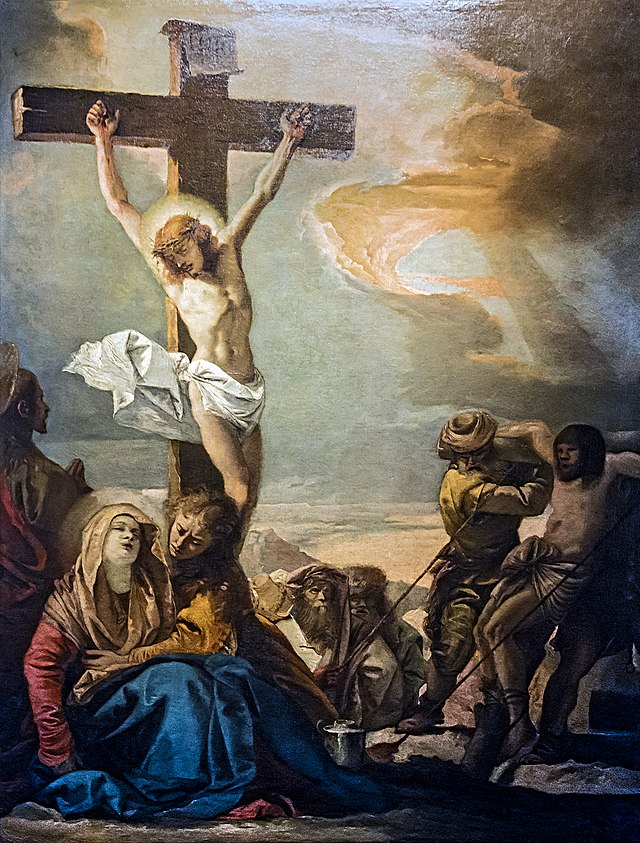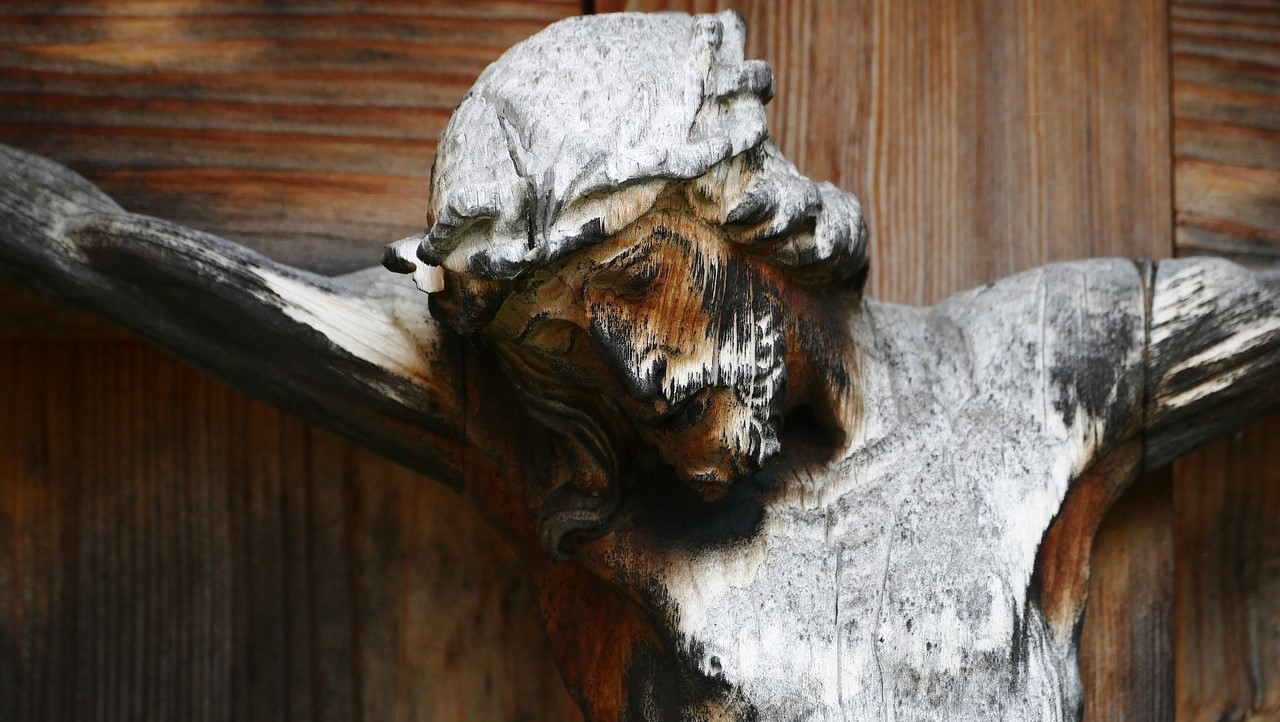For Christians, properly balancing our hope in Jesus Christ and His coming kingdom and our vocations as citizens, spouses, and employees has always been challenging. Some Christians err by neglecting their current responsibilities to their neighbors. Others err by placing too much confidence in their ability to make the current, fallen age into a heaven-like utopia. A subtle error that afflicts well-intended Christians, perhaps those of a conservative persuasion in particular, is the tendency to put too much hope in good, yet penultimate, God-ordained institutions. In their respective articles published in The European Conservative, authors Audrey Unverferth and Rod Dreher highlight important points about family, community, and how one envisions home, and they provide helpful insights for avoiding the pitfalls mentioned above. Both Unverferth and Dreher write about their admiration of Hungary. But while Unverferth conceptualizes home as being with her family and where she was raised, Dreher views home as being wherever God calls him.
This essay redirects Unverferth’s and Dreher’s arguments by placing them within the Reformed Two Kingdoms theological tradition and its helpful distinction between the common and redemptive kingdoms. The common kingdom encompasses the areas of life common to all people that will one day come to an end. The redemptive kingdom includes the Church and the world to come at the end of the current age. Jesus rules over the common kingdom as creator and sustainer and the redemptive kingdom as savior and redeemer.[1] Recognizing Christ’s twofold rule is imperative for faithfully conceptualizing home.
‘Christians cling to a hope in a reconciled relationship with God through Jesus Christ and a permanent home in His coming kingdom’
Either through scripture, Church teachings, or life experiences, Christians learn that no physical place or personal relationship in this current age will make them feel truly at home. While still appreciating the customs and traditions that contribute to the common good, Christians cling to a hope in a reconciled relationship with God through Jesus Christ and a permanent home in His coming kingdom.
Unverferth and Dreher on the Journey Home
Ms. Unverferth hails from America’s West. In her article, ‘American First in Budapest’, the talented young journalist reflects on her time in Hungary’s capital. She admires the beauty of Budapest and the kindness of its people, and she laments the cosmopolitan project that puts at risk the distinctiveness of European countries and the peoples, cultures, and traditions that she admires. At the same time, Unverferth recognizes that Hungary can never be home for her, and she longs for closeness to her family—particularly the grandparents that she loves—, the Big Sky country in which she was raised, and the customs with which she is more familiar.
Rod Dreher, an American journalist living in Hungary, engages with Unverferth’s piece in ‘Taking the Nostos Journey’, referring to the ancient Greek concept of ‘a pilgrimage back home after a great and heroic adventure’. Dreher starts by validating one of Unverferth’s points: ‘If I remained in Budapest the rest of my days, I could never know this city and its people in the way I know Louisiana,’ his native state. However, he challenges her conception of home by recounting his experience with divorce and estrangement from family. He asks: ‘What does it mean…when your own family breaks apart for good? What is Home, anyway?’
Dreher first turns to Dante’s Divine Comedy for the answer.[2] Through his exile, Dante recognized the idols that captured him in his native home, Florence, and he experienced spiritual rest through reunification with God. Next, Dreher recounts the film Nostalghia (1983), directed by Andrei Tarkovsky, which tells the story of a Russian writer living in Italy who cannot productively live and work because he longs for his homeland. The film, Dreher explains, ‘symbolizes the need to sacrifice one’s nostalgia’ and ‘ceasing to believe that the perfect harmony one once felt with one’s past life is still a possibility.’ Dreher writes: ‘With Dante and Tarkovsky as my guides, I have endeavored to put God and His will for me first, and to free myself from a past that was taken from me.’ Home, Dreher concludes, is ‘wherever God calls me to be,’ and the true journey home—the nostos—happens within.

SOURCE: Wikimedia Commons
Life in the Penultimate, Common Kingdom
The first question of the Westminster Shorter Catechism asks: ‘What is the chief end of man?’ It answers: ‘Man’s chief end is to glorify God and to enjoy him forever.’ Humanity’s real home, if you will, is in God’s presence, giving Him glory. This is the ultimate purpose for which God created humanity. Tragically, due to the fall, no human can achieve this destiny on their own merits. Graciously, God made a way back to Himself through the work of his son, Jesus Christ. One day, King Jesus will return and bring about the fullness of his kingdom, and Christians will spend eternity at rest in our eternal home, glorifying and enjoying God.
In the meantime, God has tasked all of humanity with specific responsibilities meant to sustain us while in our fallen condition. God gave humanity these responsibilities through a covenant with Noah as humanity’s representative after the great flood, and since Noah was the head of humanity’s only family at the time, they apply to everyone. It is how God sustains the common kingdom, the areas of life common to believers and unbelievers alike. These responsibilities are to 1) raise healthy families, 2) participate in the economic activity and civil associations needed to support community life, and 3) administer justice through government institutions and facilitate the general conditions that make pursuing the first two responsibilities possible.[3]
‘Through my travels to Hungary and observations of its political system, I have come to admire the Magyars’
Cultures create particular ways to guide people toward fulfilling their Noahic responsibilities. Norms, traditions, customs, and laws shape a people toward advancing Noahic ends—those that encourage family formation, create economic opportunities, and provide access to justice—that is, to honor God. Practices that inhibit or run against our Noahic responsibilities do not. Indeed, some practices are likely to be successful across much of time and space, like the rule of law and an independent judiciary. However, many practices gradually emerge from a particular people under particular circumstances. Specific customs and traditions surrounding courtship, for instance, may work well for the culture from which they emerged but would be nonsensical in another setting.
As beings created in God’s image, humans can discern the standards and responsibilities that God has placed upon them. When I see a young couple pushing a stroller through a public park and enjoying a sunny day, I see God’s hand at work and humanity appropriately responding to God’s will. Even if the couple is unfamiliar with the Noahic Covenant, they and their society live out its calling. The couple is fulfilling God’s command to be fruitful and multiply within the context of marriage. Presumably, the husband has a stable job with enough disposable income to purchase the stroller they are pushing and the respectable clothes they are wearing, and his job allows him the leisure time he chooses to spend strolling with his family. The beautiful park represents a proper use of government funds, providing a public good that all citizens can enjoy. The fact that the couple strolls through the park without fear of assault is a testament to the government’s work enforcing order or even the work of a culture that socializes its people through customs and traditions that lead to a safe community. The sunny day itself is a testament to God’s promise to sustain the seasons until Christ returns.
Christian Sojourners and Their Ultimate Home in the Redemptive Kingdom
Through my travels to Hungary and observations of its political system, I have come to admire the Magyars. They promote marriage and family life instead of LGBTQ values, and they are well-ordered people who have cultivated safe communities and a culture determined to reproduce itself. They are a bulwark against expressive individualism’s excesses and are working to advance their Noahic responsibilities: healthy families, a productive economy, and a safe, orderly society.
I imagine that Ms. Unverferth admires aspects of Hungary for similar reasons. If what Hungarians are doing seems praiseworthy to her, it is because they are seeking to advance their Noahic responsibilities and resisting the anti-culture efforts of Western progressives that undermine humanity’s Noahic callings. And it is good, even noble, for Unverferth to prefer to be close to the family she loves in the land where she was raised, participating in the unique way of life most familiar to her.
A word of caution, however, is in order for conservatives who recognize the importance of family, tradition, and customs. All of these institutions are penultimate. They can serve essential functions by sustaining our common life together but do not carry into the next age. When they are designed well and function properly, they reproduce themselves and a healthy society that advances the Noahic tasks given to all peoples until Christ returns. It is natural, even good, to feel a sense of home in a God-honoring society, especially when that sense of home prompts us to love our families and serve our neighbors. However, turning these good gifts into idols is possible by placing ultimate importance on them. We must remember that they serve a purpose (ie, sustaining life in the common kingdom); they do not end in and of themselves.
‘The sense of home we feel with our families and communities is a shadow of what Christians will experience when they are home with Christ’
Mr. Dreher is also onto something good when he seeks to detach his sense of home from a particular time, people, and place and focuses instead on faithfully responding to God’s call wherever he finds himself. The Christian tradition has long conceptualized the Christian life as one of exile and sojourning. When explaining 1 Peter, Scott Aniol writes: ‘We are in this world—God has left us here for a purpose, but in reality, this world is not our home; we’re just passing through.’[4] Indeed, our ultimate home is with Christ as he reigns in his redeemed kingdom. Political discord, economic hardship, and poor health remind us of this world’s brokenness. Even frayed relationships like a shattered marriage remind us of Christ’s ultimate faithfulness to his bride, the Church.
Yet even if one is experiencing good fortune, the words of Two Kingdoms scholar David VanDrunen remain true: ‘Christians who do not feel homesick are spiritually ill.’[5] The sense of home we feel with our families and communities is a shadow of what Christians will experience when they are home with Christ. In the meantime, we can experience a taste of home through life with our fellow saints in the context of the Church, a slice of heaven that has broken into the time before Christ returns.
[1] See ‘The Resurgence of Two Kingdoms Doctrine: A Survey of the Literature‘ by Michael N. Jacobs for a summary of this perspective.
[2] Dreher wrote a book on Dante’s Divine Comedy titled How Dante Can Save Your Life: The Life-Changing Wisdom of History’s Greatest Poem.
[3] For a complete explanation of the Noahic Covenant and its implications for community life, see David VanDrunen’s Politics After Christendom. My theological arguments in this essay stem from VanDrunen’s work.
[4] Scott Aniol, 2023, Citizens & Exiles: Christian Faithfulness in God’s Two Kingdoms, p. 53.
[5] VanDrunen, Politics After Christendom, p. 156.
Related articles:







